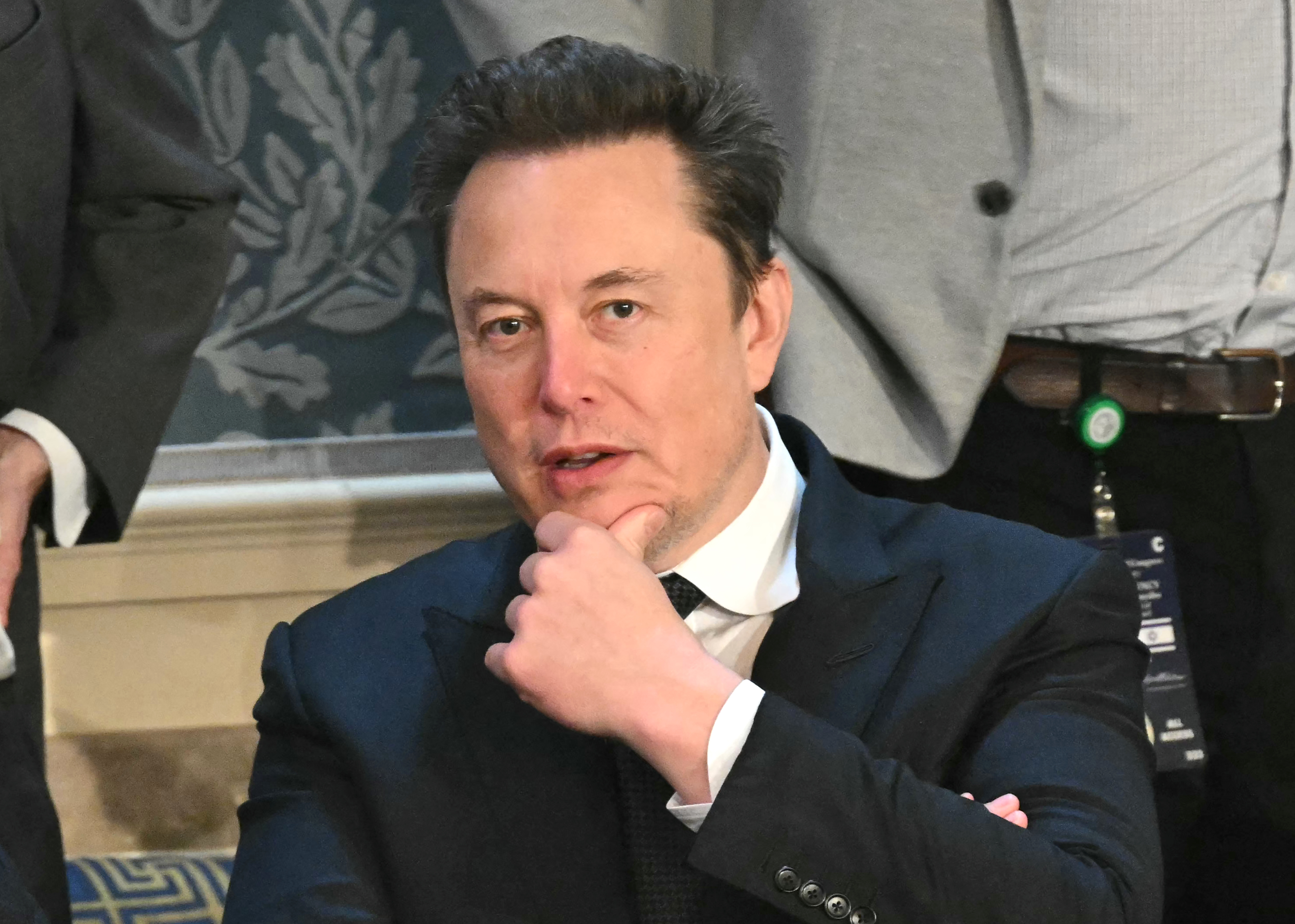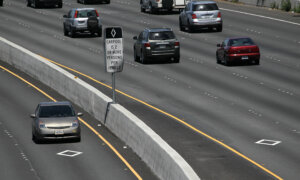SpaceX filed a lawsuit on Tuesday against the California Coastal Commission after it rejected the company’s proposal to increase Falcon 9 launches at Vandenberg Space Force Base.
The lawsuit claimed that the commission, which oversees the use of land and water within the state’s more than 1,000 miles of coastline, unfairly asserted regulatory powers over the company’s launches based on disapproval of its CEO Elon Musk’s political views.
“Rarely has a government agency made so clear that it was exceeding its authorized mandate to punish a company for the political views and statements of its largest shareholder and CEO,” the suit states.
The agency, at its Oct. 10 meeting, had said commercial space launches are not federal government activity and must submit to the commission’s coastal development permitting authority.
“Incredibly inappropriate,” Musk posted on X regarding the rejection. “What I post on this platform has nothing to do with a ‘coastal commission’ in California!”
He said he is “filing suit against them on Monday for violating the First Amendment.”
He then corrected himself, noting SpaceX could file no sooner than Tuesday due to Monday being a federal holiday.
SpaceX did not respond to a request for comment.
Six commissioners on Oct. 10 voted against additional SpaceX launches at Vandenberg, north of Santa Barbara, the second-busiest space launch facility in the world. Four commissioners voted in favor.
“Right now, Elon Musk is hopping about the country, spewing and tweeting political falsehoods and attacking FEMA, while claiming his desire to help the hurricane victims with free Starlink access to the internet,” Commissioner Gretchen Newsom, appointed by the State Senate Rules Committee, said on Oct. 10.
SpaceX’s proposal would increase the number of launches from 36 to 50. Had the commission approved its new request, SpaceX could launch every five days for the rest of 2024.
The company’s previous request in August to allow for 36 launches was approved by the commission.
The rockets are mainly used to deliver the company’s Starlink satellites, which provide commercial satellite internet and telecommunications, and for military missions. Officials consider the missions to be critical to national defense.
The most recent request garnered bipartisan support, with 14 members of Congress and 10 state legislators in favor, as well as the U.S. Air Force.
The rejection might not mean the end of the proposal, according to the commission.
Although certain activities by federal agencies such as the Space Force must be approved by the commission, these agencies maintain the authority to continue “as they see fit regardless of the commission’s determination,” commission spokesman Joshua Smith told The Epoch Times.
The commission then reserves the right to pursue mediation or sue the company, according to staff.
The Coastal Commission did not respond to a request for comment from The Epoch Times regarding Musk’s response.
Before the commission was set to make its decision, a bipartisan group of representatives submitted a letter in support of SpaceX’s Vandenberg launches for a variety of reasons, listing national security, broadband connectivity, and wildfire response.
U.S. Rep. Kevin Kiley, a Republican representing California’s Third Congressional District, posted the letter on X on Monday, writing, “This illegal action needs to be reversed immediately.” Kiley said some of the most liberal members of Congress had signed the letter.
In the letter, the lawmakers mention the 2024 Commercial Space Integration Strategy, in which the U.S. Department of Defense states that “the Department will benefit by making commercial solutions integral—and not just supplementary—to national security space architectures.”
The letter also highlighted cost savings.
“This collaboration between the U.S. private sector and the U.S. government has led to billions in savings for launch services, with commercial providers successfully delivering missions for the U.S. and allied governments,” it stated.
The Coastal Commission made the decision less than a week after Musk appeared alongside former President Donald Trump at a campaign rally in Butler, Pennsylvania, at the same location where the first assassination attempt against the Republican presidential nominee took place in July.
“I think this election is the most important election of our lifetime,” Musk told the crowd. “This is no ordinary election. The other side wants to take away your freedom of speech.”
Trump has promised to appoint Musk as the head of a commission to reduce waste in government.
If SpaceX does sue over the recent rejection, it wouldn’t be the first lawsuit a Musk company has filed against the state of California.
In September, the billionaire’s social media platform won an appeal that blocked a California law forcing social media companies to make public their content-moderation policies.
Attorneys for X filed the lawsuit in 2023, arguing the law would violate the First Amendment.
Musk’s companies haven’t always prevailed in court. A federal court in March dismissed a lawsuit by X arguing that the Center for Countering Digital Hate (CCDH) went against X’s terms of service by scraping—that is, automatically collecting—data from X in order to track what CCDH considers disinformation on the platform.
SpaceX and Air Force officials are scheduled to return to the commission in December to request an increase to 100 launches for 2025.
Reuters and Jill McLaughlin contributed to this report.














